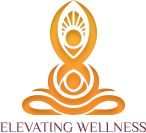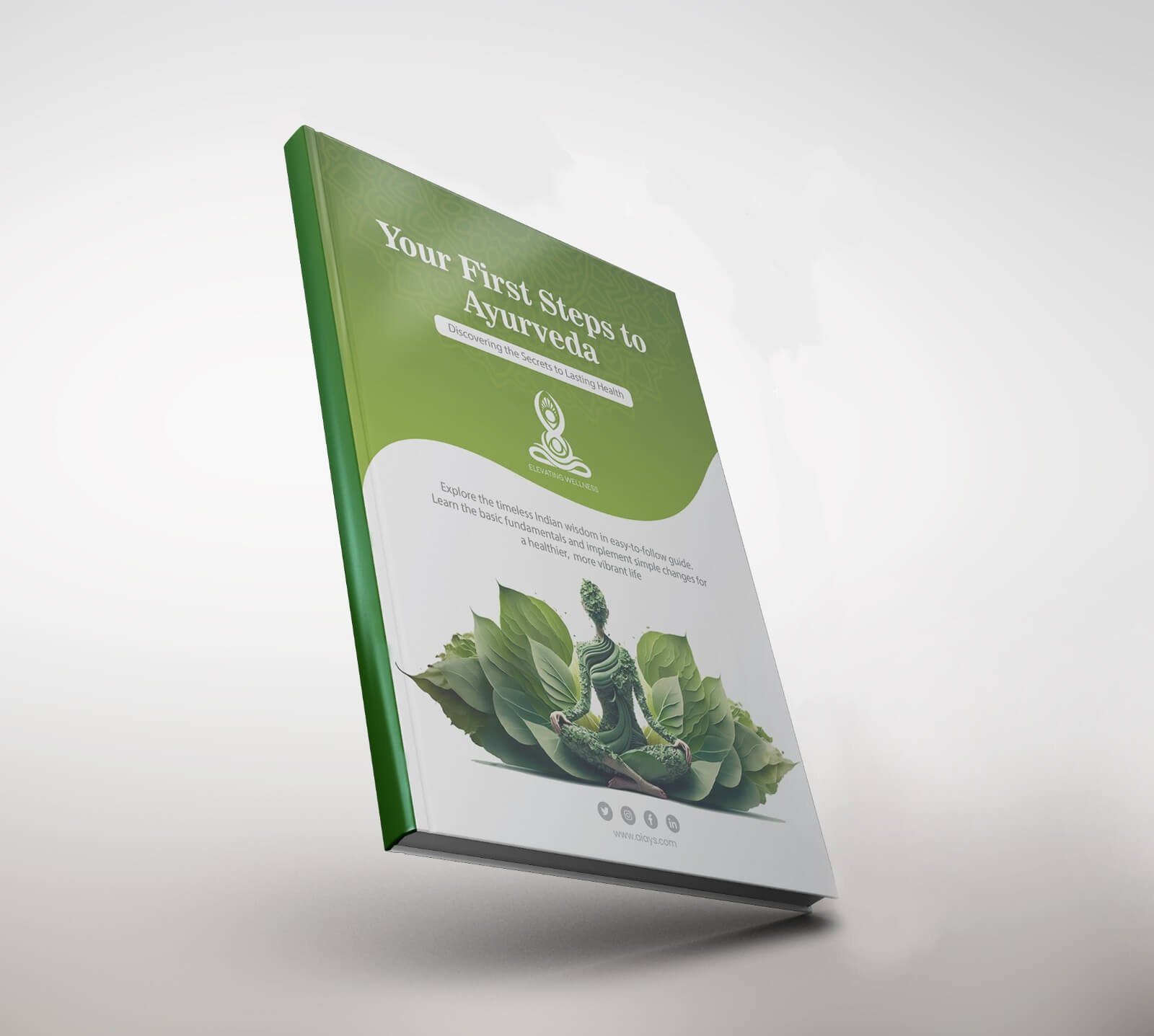Symptoms & Illnesses
SKIN DISORDER
Overview -Skin Disorder
Ayurvedic Perspective on Skin Disorder
Skin disorder in Ayurveda also refers to conditions affecting the skin, understood through the lens of Ayurvedic principles as these conditions are viewed as imbalances in the body’s doshas (Vata, Pitta, and Kapha) and are often influenced by factors such as diet, lifestyle, environmental toxins, and emotional stressors. Common skin disorder includes:
Kushta
Kushta encompasses a range of skin diseases characterised by symptoms such as itching, inflammation, discoloration, and lesions. It is believed to result from dosha imbalances and impaired digestion, also leading to the accumulation of toxins (ama) in the body.
Vicharchika
Also known as eczema or dermatitis, Vicharchika is characterized by dry, itchy, and inflamed skin patches. This condition is often associated with an excess of Pitta dosha and aggravated by hot weather, spicy foods, and emotional stress.
Pama
Pama altogether refers to various types of fungal infections affecting the skin, such as ringworm and athlete’s foot. These infections occur due to dosha imbalances, weakened immunity, and poor hygiene practices.
Visphota
Visphota refers to skin conditions characterised by the formation of blisters or eruptions, such as herpes and impetigo. Ayurvedic practitioners attribute Visphota to aggravated Pitta and Vata doshas, as well as factors like heat exposure and excessive sweating.
Kushtha
Kushtha includes chronic skin conditions like psoriasis and lichen planus, which involve thickened, scaly patches of skin. Ayurveda also considers Kushtha to be caused by imbalances in multiple doshas, along with poor diet, stress, and genetic predisposition.
Ayurvedic Remedies for Skin Disorder
Ayurveda offers remedies for skin disorder like Kushta, Vicharchika, Pama, Visphota, and Kushtha. These remedies aim to balance the doshas and address the underlying causes of the conditions.
Herbal Supplements
Ayurvedic herbs such as neem, turmeric, aloe vera, and manjistha are also known for their anti-inflammatory, antimicrobial, and detoxifying properties. These herbs cleanse the blood, reduce inflammation, and promote healing of the skin or any skin disorder.
External Applications
Applying herbal pastes or oils infused with medicinal herbs to the affected areas provides relief from itching, inflammation, and irritation. Neem, turmeric, and licorice are commonly used in topical treatments for skin disorder.
Detoxification Therapies
Panchakarma, the Ayurvedic detoxification process, helps remove toxins from the body and restore balance to the doshas. Therapies like Vamana (therapeutic vomiting), Virechana (purgation), and Basti (medicated enema) may be recommended based on the individual’s constitution and the severity of the condition.
Dietary Modifications
Following a balanced diet that includes fresh fruits, vegetables, whole grains, and lean proteins supports overall health and improves digestion, which is essential for managing skin disorder. Moreover, avoiding processed foods, refined sugars, and spicy or oily foods can reduce inflammation and support healing.
Lifestyle Changes
Practicing stress-reducing techniques like yoga, meditation, and deep breathing exercises helps calm the mind and reduce stress, which can exacerbate skin conditions. Furthermore, getting adequate sleep and staying hydrated are important for skin health.
Conclusion
Consulting a qualified Ayurvedic practitioner is essential to determine the most appropriate remedies and treatment plan for your specific condition. They provide personalized recommendations based on your constitution, symptoms, and lifestyle factors. For further insight and personalized guidance, we encourage you to arrange an appointment with our esteemed specialist. Please click on the link provided below to schedule a consultation with our expert.
Our Skin Disorders Management Specialists

Dr. Vivek Brijbahal Singh
BAMS, M.D. Rachna Sharir, Advanced PGD in Clinical Research

Dr. Supriya Kurane
BAMS, M.S. Surgery



